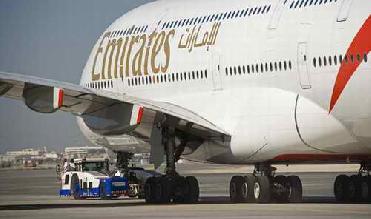
The Emirates A380, with its two passenger decks, started serving the Dubai-London Heathrow route as of December 1, 2008. Emirates photo
BERLIN (BNS): Four A 380s were delivered to Emirates on the 30th December 2008 from the Airbus delivery centre in Hamburg, Germany.
"We have met our 2008 delivery schedule", said Tom Enders, Airbus President and C
Earlier last year Airbus had to revise its A380 delivery forecast for the year from 13 to 12 aircraft. And still doubts persisted through the year whether even the lower target could be met.
"We have met our 2008 delivery schedule", said Tom Enders, Airbus President and Chief Executive Officer. "That was only possible thanks to a tremendous team effort. This gives us a good basis to further ramp up our production in 2009. With the in-service fleet steadily growing, our airline customers are benefiting from lower operating costs while their passengers are benefiting from unequalled cabin comfort and quietness. The environment is benefiting too. With lower emissions and noise, the A380 is the most eco-efficient aircraft in service today."
Airbus delivered the first A380 to Singapore Airlines on October 15, 2007, with five more delivered to the airline in 2008. Qantas received three A380s in 2008, and more recently four to Emirates.
According to the aviation giant, the in-service A380 fleet has flown more than 21,000 revenue flight hours in more than 2200 commercial flights carrying more than 890,000 passengers.
�The world's first full double-deck aircraft is now connecting four continents and flying on seven major international routes. A380s in service link Singapore with Sydney, London and Tokyo, Dubai with New York and London, and Sydney and Melbourne with Los Angeles,� said an Airbus press release.
�Being greener, cleaner, quieter and smarter, the A380 is setting new standards for air transport and the environment. In addition to the quiet and spacious double-deck cabin, the A380 is also setting new industry-standards for the environment. The in-service experience has shown that the A380 consumes 20 percent less fuel per seat than the previous largest aircraft, representing the lowest fuel burn of any large aircraft ever,� the release added.
The A380 not only complies with today's noise limits, it is also significantly quieter than any other large aircraft flying today. With a range of 8 200 nm / 15 200 km, and seating 525 passengers in a standard three-class layout while being much more eco-efficient, the A380 is the ideal aircraft to alleviate traffic congestion at busy airports, while coping with growth.
Orders for the aircraft stand at 198 from 16 customers, according to Airbus.
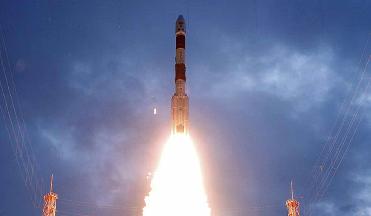 Previous Article
Previous Article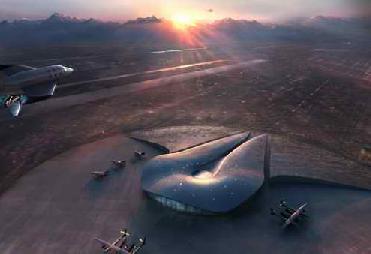 Next Article
Next Article

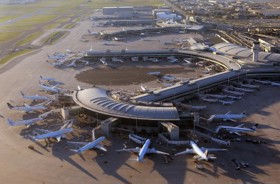
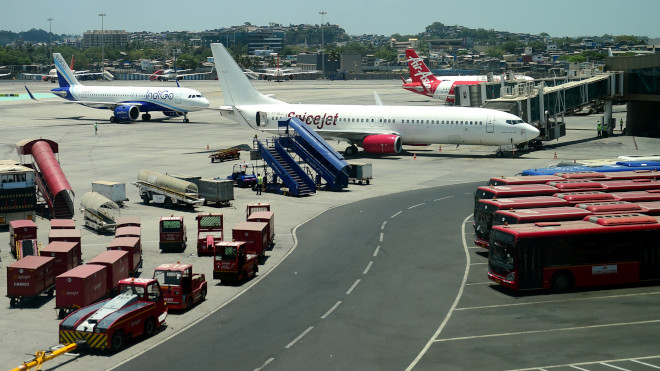










The Indian Air Force, in its flight trials evaluation report submitted before the Defence Ministry l..
view articleAn insight into the Medium Multi-Role Combat Aircraft competition...
view articleSky enthusiasts can now spot the International Space Station (ISS) commanded by Indian-American astr..
view article